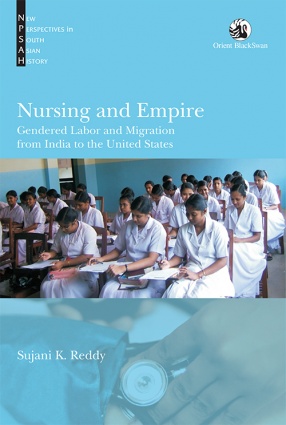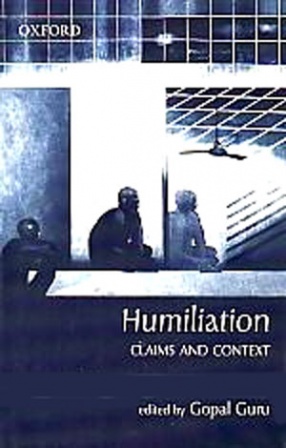Drawing on extensive archival research and compelling life-history interviews, Nursing and Empire examines the lives of Indian nurses, which have unfolded against a complex backdrop of Anglo-American capitalist imperialism and the emergence of a postcolonial Indian nation-state still tied to this global system.
The book begins with the movement of white, U.S.-based single female medical missionaries to India and proceeds through the remaking of the colonial medical map through race-based segregation in the U.S. and the “open door imperialism” of the Rockefeller Foundation in India. It ends with the Cold War emigration of Indian nurses as one outcome of the critical role played by U.S. medical interests in a colonial “civilizing mission.”
Complicating the long-held view of Indian women as passive participants in the movement of skilled labor in this period, Reddy demonstrates how these "women in the lead" pursued new opportunities afforded by their mobility. At the same time, Indian nurses also confronted stigmas based on the nature of "women’s work", religious and caste differences within the migrant community, and the racial and gender hierarchies of the U.S.
Spanning two centuries and multiple geographic spaces, Nursing and Empire sheds light on histories of capitalist expansion and marginalized women’s histories of resistance and labor migration.
This book will be of considerable interest to scholars and students of gender studies, labor history and U.S.- India relations.
Contents: Introduction: nursing and empire. 1. Feminizing the Christian Medical Mission. 2. Searching for Salome. 3. Reconstructing the imperial nation. 4. Remaking mother India. 5. From Kerala to America. 6. Putting the “Foreign” in Nurse Im/migration. 7. Indian nurses navigate the U.S. division of nursing labor. 8. Immigration and the return of the “Woman Question”. Epilogue: that was the end of marriage for me. Notes. Bibliography. Index.





There are no reviews yet.